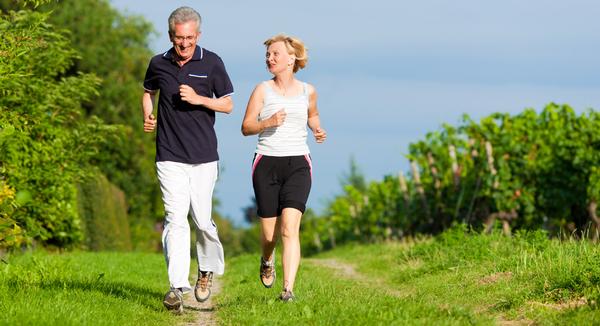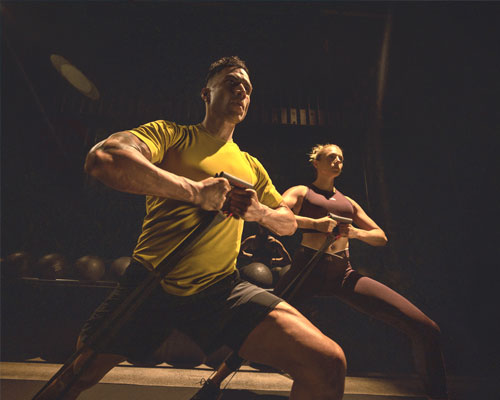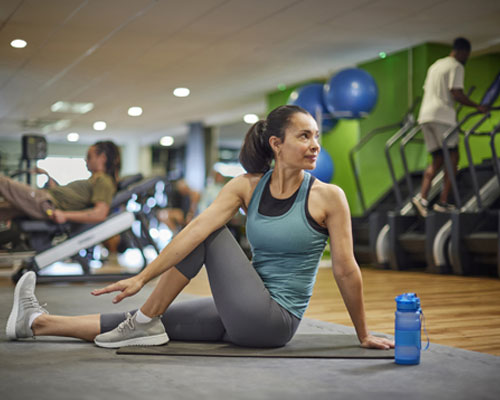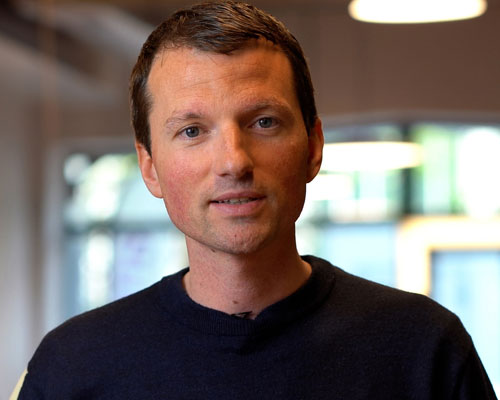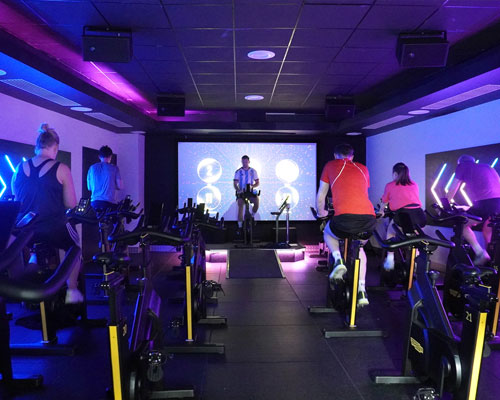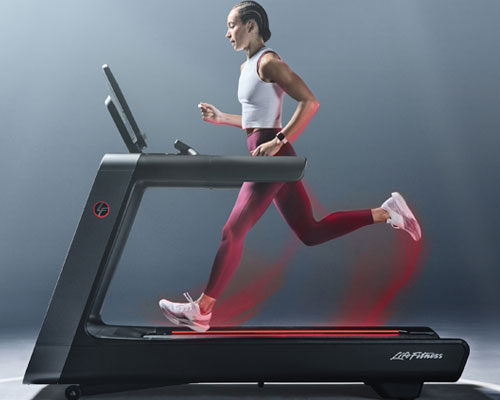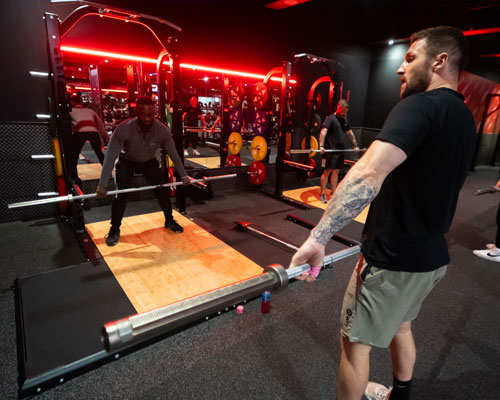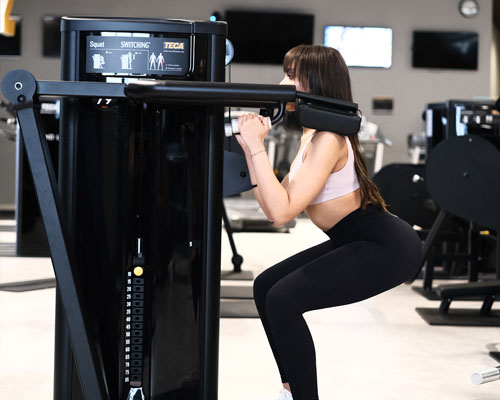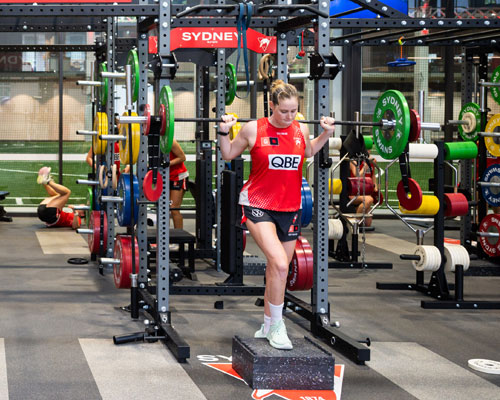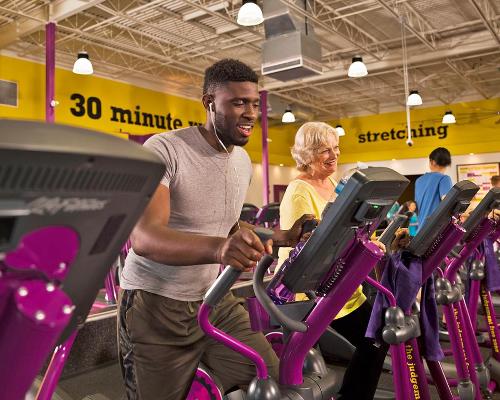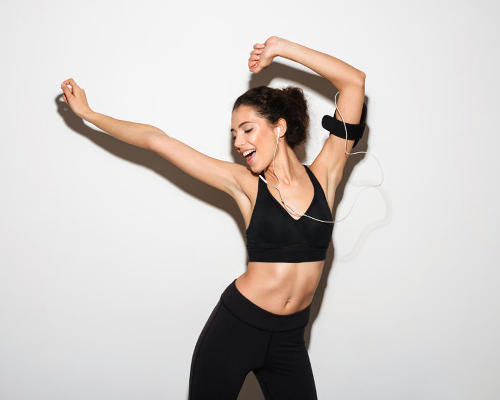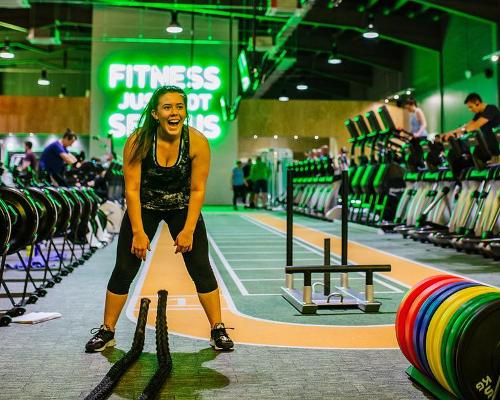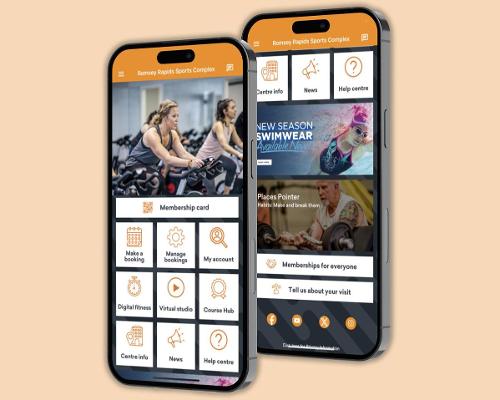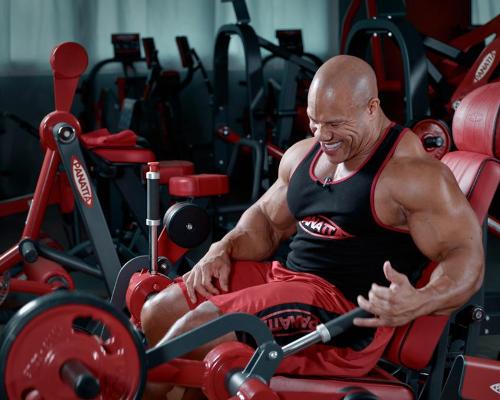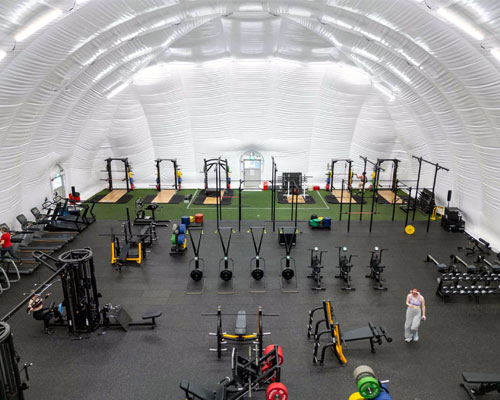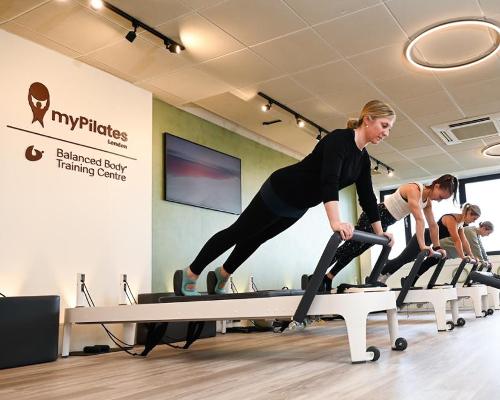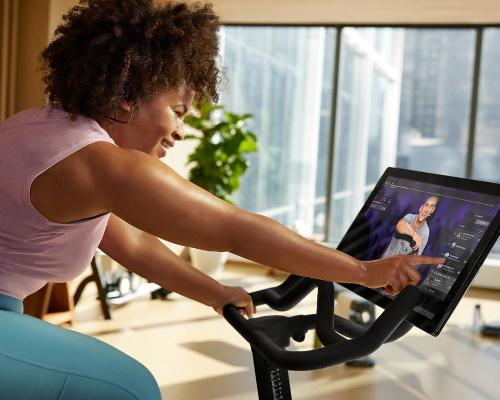features
RESEARCH: The latest research in the areas of health, fitness and wellbeing
We round up some of the latest research in the area of health, fitness and wellbeing
BREATHE EASY
Year-round exercise could be the key to fighting asthma, with frequency more important than intensity, according to new research which suggests exercising for 30 minutes a day may help keep symptoms in check.
The study asked 643 adults diagnosed with asthma to fill out questionnaires on their ability to control asthma, their quality of life as asthma sufferers, and a one-year exercise recall to assess their leisure time physical activity both in the summer and winter.
The findings were clear: those who did around 30 minutes’ exercise on most days of the week were nearly 2.5 times more likely to have good control of their asthma symptoms than sufferers who did no exercise at all. The intensity of exercise was less important. “We’re not talking about running marathons,” explains lead author Simon Bacon. “Just 30 minutes a day of walking, riding a bike, doing yoga – anything active – can have a significant impact.”
Another key finding was that those who were able to engage in physical activity on a regular basis year-round benefited most.
Bacon, S et al. BMJ Open Respiratory Research. Oct 2015

HIIT vs FAT
Going for a long run ahead of a night of excess is a familiar ritual for many young people, but working up a sweat with a few sharp sprints may be a better strategy.
Scientists have found that a short burst of high-intensity interval training (HIIT) before a high fat meal is the best way for young people to protect blood vessel function.
The underlying process of cardiovascular disease starts in youth, when an impairment in the function of blood vessels can occur in the hours after consuming a high fat meal.
The study compared HIIT against moderate-intensity exercise on blood vessel function in adolescent boys and girls after they had consumed a high fat milkshake. It found 25 minutes of moderate-intensity cycling prevented the fall in blood vessel function after the meal. But eight minutes of high-intensity cycling not only prevented this fall, but improved blood vessel function.
Alan Barker et al, University of Exeter, American Journal of Physiology – Heart and Circulatory Physiology
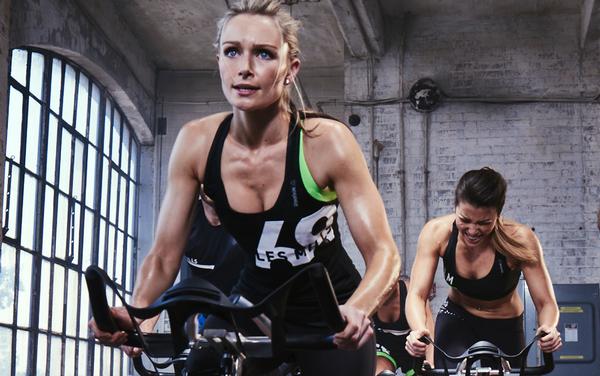
HOT TOPIC
Regular exercise could help reduce hot flushes in menopausal women and offer a natural alternative to HRT, according to UK researchers.
The team based its research on 17 menopausal women with an average age of 52. Ten of the women undertook a gym-based exercise programme for four months, while the other seven formed a control group and carried on life as normal.
The women in the active group pushed themselves so that they were out of breath but still able to talk. Their workouts were built up over the four-month period, from three 30-minute sessions a week up to five 45-minute sessions a week.
At the end of the four months, the women in the exercise group experienced far fewer flushes – falling remarkably from 64 to 23 a week on average. The severity of the flushes had also dropped by two-thirds. In contrast, the women who remained sedentary reported very little difference.
The researchers also placed the research subjects in a hot water suit to induce a hot flush and recorded their physiological reactions. According to lead author Helen Jones, the women in the exercise group sweated less and had less blood flow to the skin. Jones believes exercise could be boosting the body’s ability to regulate temperature.
Unpublished study by Liverpool John Moores University, presented at the European Society of Human Reproduction and Embryology conference, June 2015
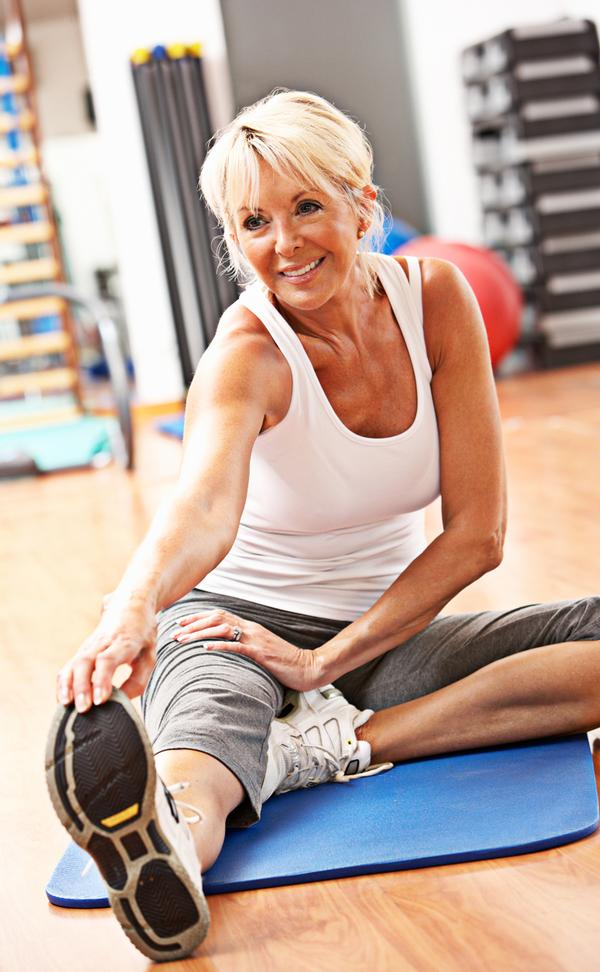
FASTING FIND
Fasting not only helps protect the immune system, but could also have a role to play in healthy ageing by driving cell regeneration, according to a study.
Over six months, scientists at the University of Southern California looked at the impact of prolonged fasting cycles on mice, as well as patients undergoing chemotherapy. All went without food for two- to four-day periods.
In both cases, not eating initially lowered the white blood cell counts – the cells that defend the body against disease – as the body started getting rid of old or damaged cells. Eventually, however, prolonged periods of fasting in mice kick-started the stem cells into producing brand new white blood cells, rebooting the whole immune system.
Long periods of fasting also lowered levels of IGF-1 in the body – a growth hormone associated with ageing, tumour progression and cancer risk – as well as levels of the enzyme PKA, which has been linked to the regulation of stem cell self-renewal.
“PKA is the key gene that needs to shut down in order for these stem cells to switch into regenerative mode,” explains lead study author Valter Longo.
“The body got rid of the damaged or old parts of the system during the fasting. Now, if you start with a system heavily damaged by chemotherapy or ageing, fasting cycles can generate, literally, a new immune system,” he says.
Longo, V et al. Cell Stem Cell, June 2014

BOOSTING SEXUAL FUNCTION
Regular exercise can help men perform better in the bedroom, according to scientists.
Previous studies have highlighted the link between better erectile function and exercise, but this study was among the first to explore the impact on all races. It found that men who exercised more were likely to have better overall sexual function, including the ability to have orgasms and the quality and frequency of erections.
For the paper, nearly 300 study participants self-reported their activity levels, which researchers then categorised as sedentary, mildly active, moderately active or highly active. The subjects also self-reported their sexual function based on this criteria.
Men who reported more frequent exercise – 18 METS a week, equating to two hours of strenuous exercise, 3.5 hours of moderate exercise or six hours of light exercise – had higher sexual function scores regardless of race. Men of all ethnicities who exercised less reported lower levels of sexual function. Additional contributors to low sexual function included diabetes, older age, past or current smoking and coronary artery disease.
Cedars-Sinai Samuel Oschin Comprehensive Cancer Institute, Journal of Sexual Medicine, March 2015
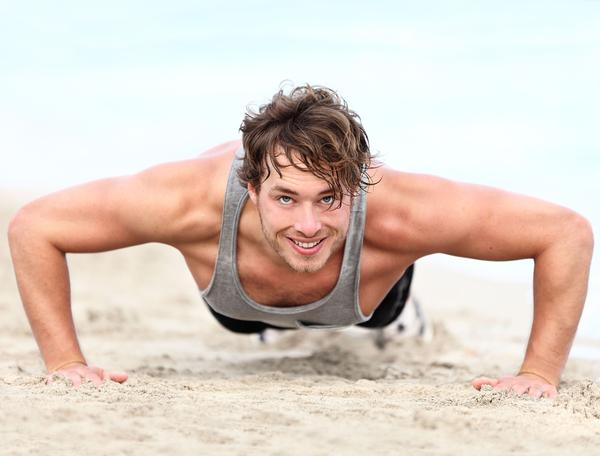
MIND & MOVEMENT
Initial findings from pilot studies presented at the Alzheimer’s Association International Conference 2015 offer insights into the relationship between dementia and fitness in different life stages.
One study – by Tina Hoang and colleagues at the Northern California Institute of Research and Education in the US – studied people aged 18 to 30. Participants with both long-term low physical activity and high TV viewing over 25 years were almost twice as likely to have poor cognitive function in mid-life.
Other studies suggest exercise can improve mood, memory and cognitive function among older adults already facing dementia. One study – by the Wake Forest School of Medicine in North Carolina, US – assessed 65 non-exercisers aged 55–89 with mild impairment issues. Over six months, half took part in 45-minute, high-intensity workouts four times a week, working at 75–85 per cent of maximal heart rate for 30 minutes per session. A control group took part in stretching exercises that did little to raise their heart rates.
MRI scans showed exercise improved blood flow to the parts of the brain associated with memory and thought processing, with other tests corroborating an increase in people’s attention span and aptitude to plan and organise things. Those in the exercise group also had a reduction in tau protein tangles, which destroy vital cell transport systems and are a primary marker for Alzheimer’s.
Pilot studies presented at the Alzheimer’s Association International Conference 2015
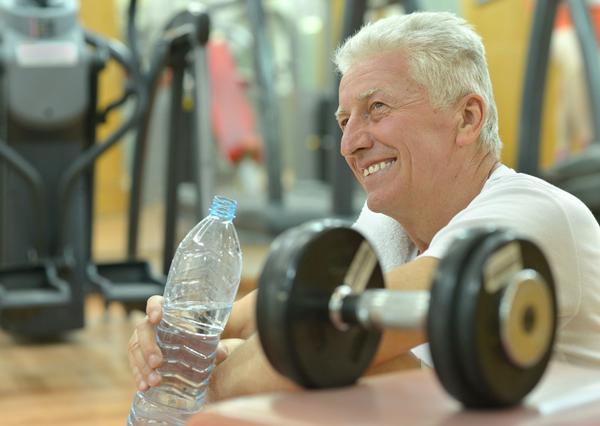
PREVENTING BREAST CANCER
A hormone released from muscles during exercise may help prevent breast cancer and boost the effects of chemotherapy drugs used to treat it, according to a study carried out at the University of New Mexico (UNM) in the United States.
Following on from recent findings that exercise can slow the growth of breast cancer tumours in mice, new research suggests women who exercise regularly have a 30 to 40 per cent reduced risk of breast cancer and improved survival rates if they do get the disease.
The team at UNM built on previous studies which had found that the hormone irisin increases with exercise and stimulates metabolism in select tissues, such as fat. Irisin was administered to both non-cancer and cancerous cells, which selectively killed aggressive cancer cells without negatively affecting normal cells.
The researchers observed a 22-fold increase in cancer cell death compared to untreated cells. When irisin was combined with a commonly used chemotherapy drug, the destruction of cells increased significantly, while cells absorbed less of the drug. This could mean that patients could be given a more tolerable dose of the drug.
Kristina Trujillo et al, University of New Mexico
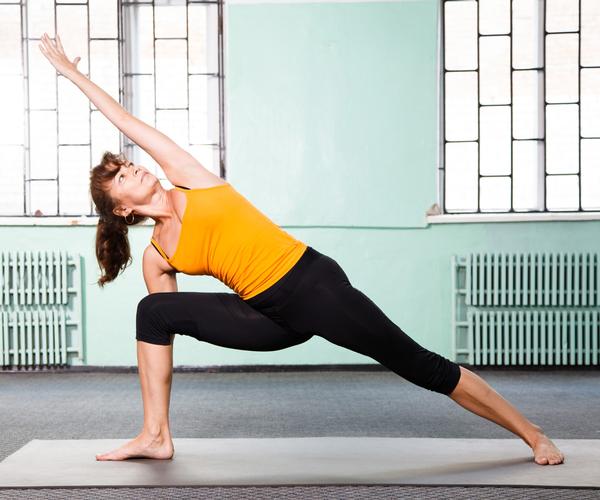
THE RIGHT DOSE
How frequently should you work out for optimum health, and how hard?
A US-led study collated data on activity levels among 661,137 men and women in Europe and the US, average age 62. They were categorised by how much weekly exercise they did, with this data cross-referenced with death rates over a 14-year follow-up. People who did no exercise faced the highest risk of mortality. However, those whose moderate activity levels fell below the recommended guidelines of 2.5 hours a week – but who at least did something – still reduced their risk of dying by 20 per cent compared to inactive people.
Those who did 2.5–5 hours a week were 31 per cent less likely to pass away during the follow-up. Optimal results were seen in those who did 7.5–12.5 hours of leisurely activity a week: they had a 39 per cent lower risk of death. After that there was a plateau, with no additional mortality benefit for exercising more.
Another six-year study – of 204,542 men and women in Australia aged 45+ – categorised people by how often they exercised and how hard they pushed themselves.
Achieving recommended activity levels – even at moderate intensity – lowered the risk of premature death. Those who spent up to 30 per cent of their weekly exercise time doing vigorous activity were 9 per cent less likely to die prematurely than those who did more leisurely activities. Spending more than 30 per cent of exercise time working out strenuously reduced the risk of mortality by an extra 13 per cent.
Arem H et al, JAMA Intern Med, April 2015 & Gebel K et al, JAMA Intern Med, April 2015
